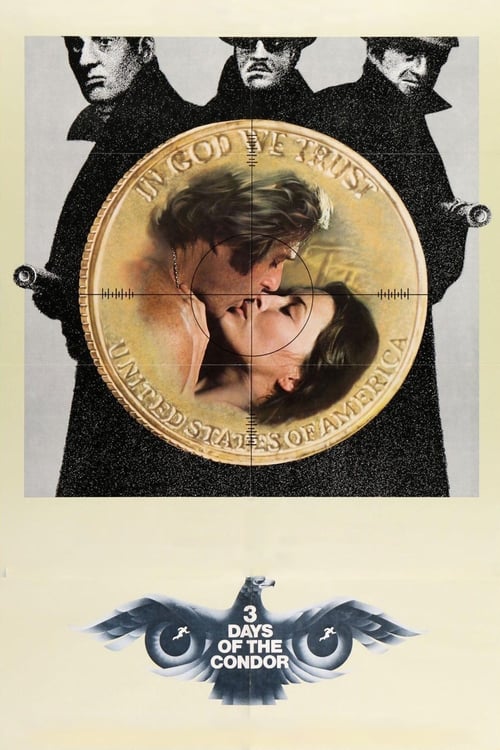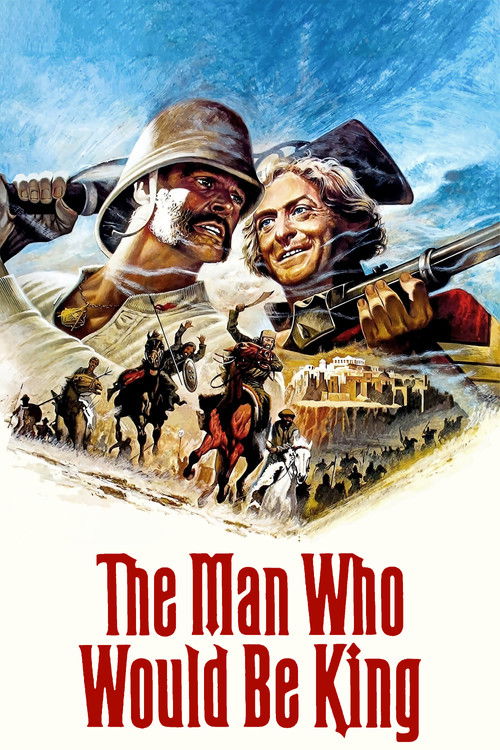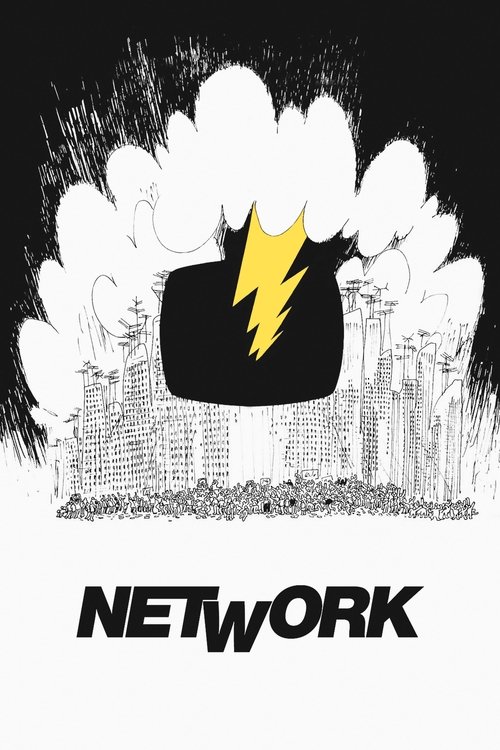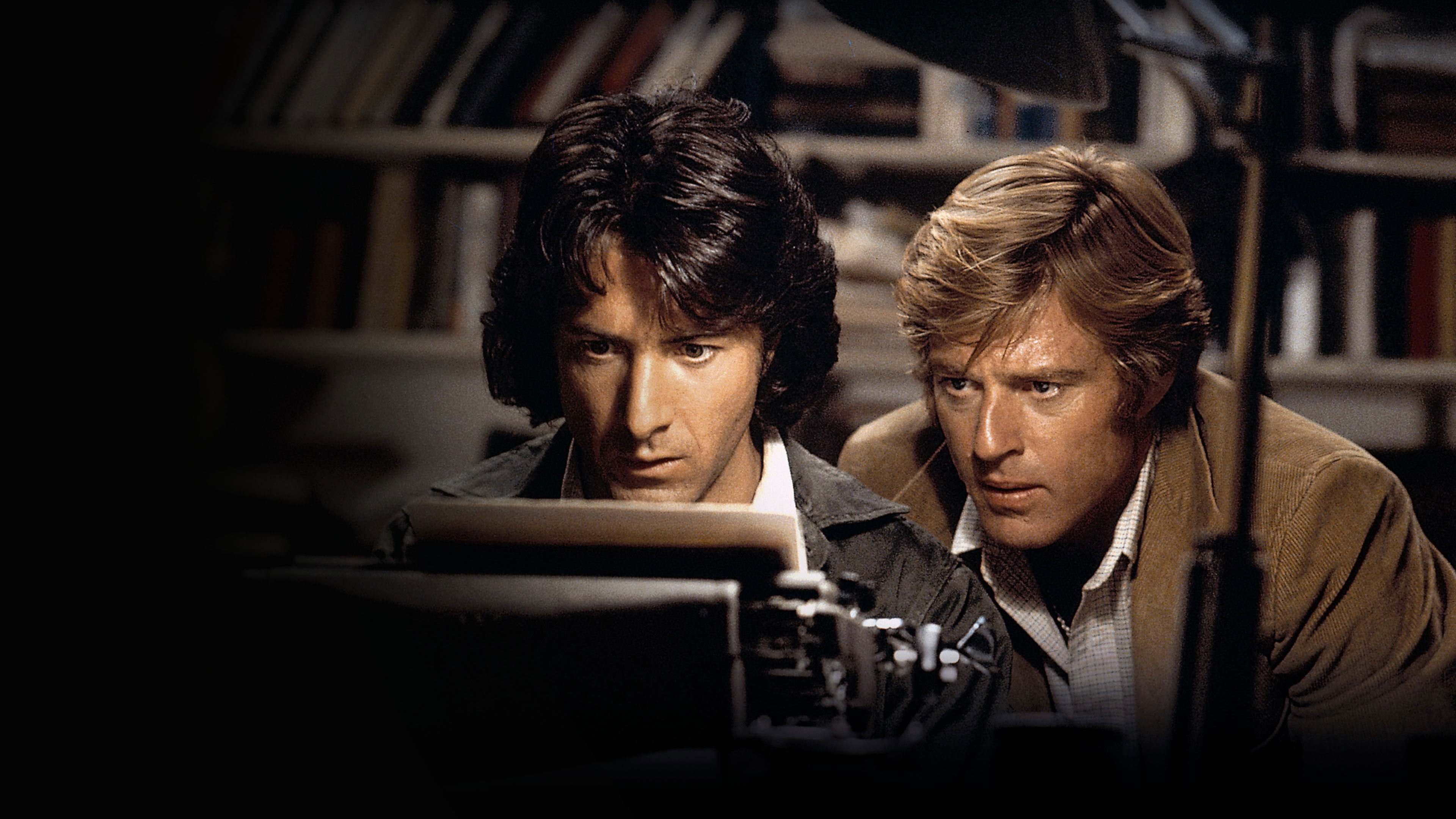
1976
All the President's Men
Drama, Mystery, Thriller
8.0
User Score
2020 Votes
Status
Released
Language
en
Budget
$8.500.000
Production
Wildwood Enterprises
Overview
During the 1972 elections, two reporters' investigation sheds light on the controversial Watergate scandal that compels President Nixon to resign from his post.
Review
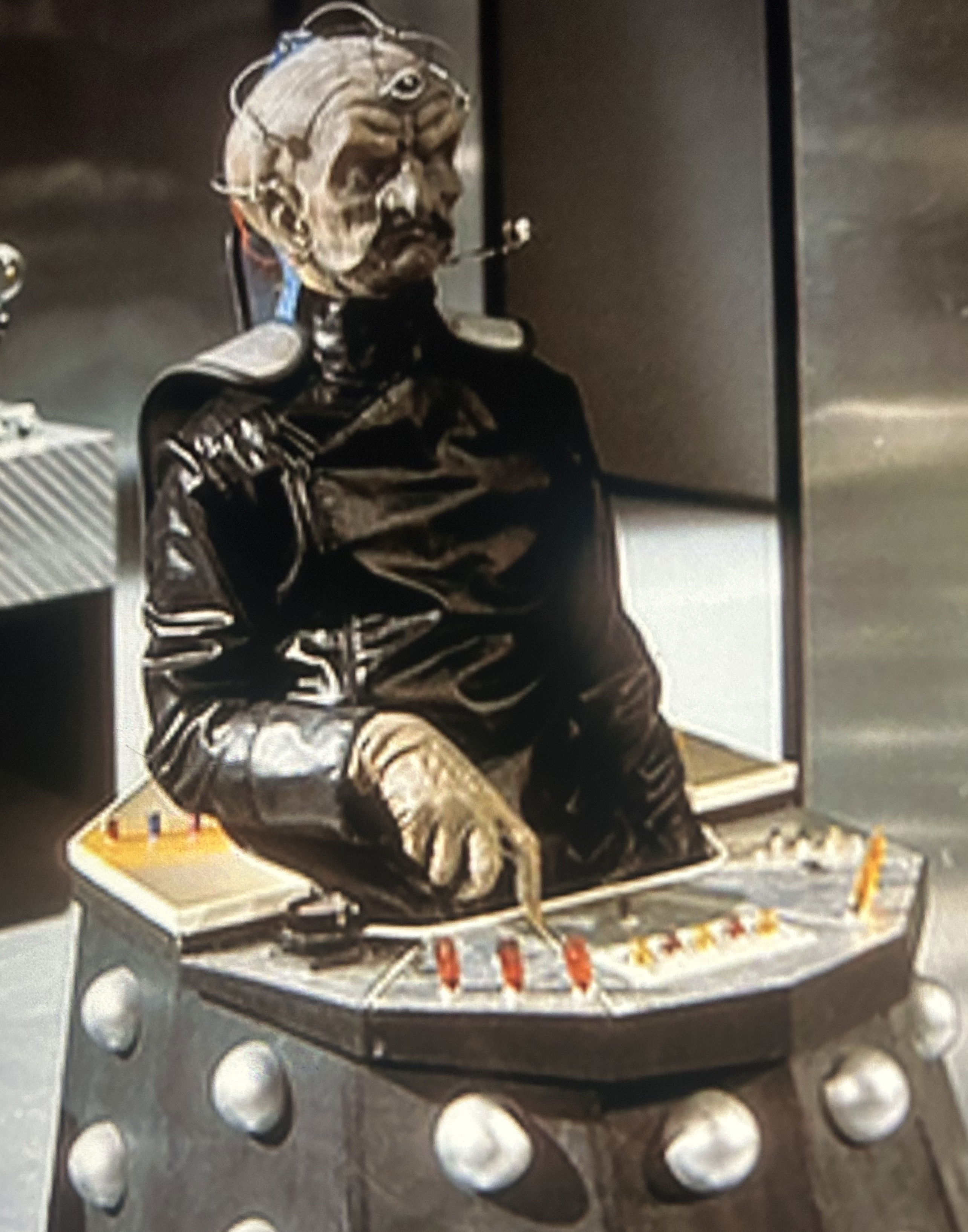
Geronimo1967
8.0
Based on the true, ground-breaking, investigations by the Washington Post into the seemingly innocuous break-in into the Watergate Building; this film produces two of the finest performances ever committed to film. Dustin Hoffman already had some grittier parts in his repertoire; but for Robert Redford this is more of a departure from his usual roles and the rapport between the two, initially suspicious journalists, builds as we all begin to realise that there is a hell of a lot more to this than just some unlucky burglars. Jason Robards and Martin Balsam serve as the real life editorial leads at the newspaper, but also as characters we can all use to take stock during these rapidly advancing, and incriminating developments. Alan J. Pakula subtly and deftly takes us through the chronology in an enthralling manner; exposing crossing sub-plots and personalities - as well as demonstrating the palpable risks being taken by many to uncover the truth. We all know the ending, but this film is quite possibly the reason why many still recall this momentous story.
Read More 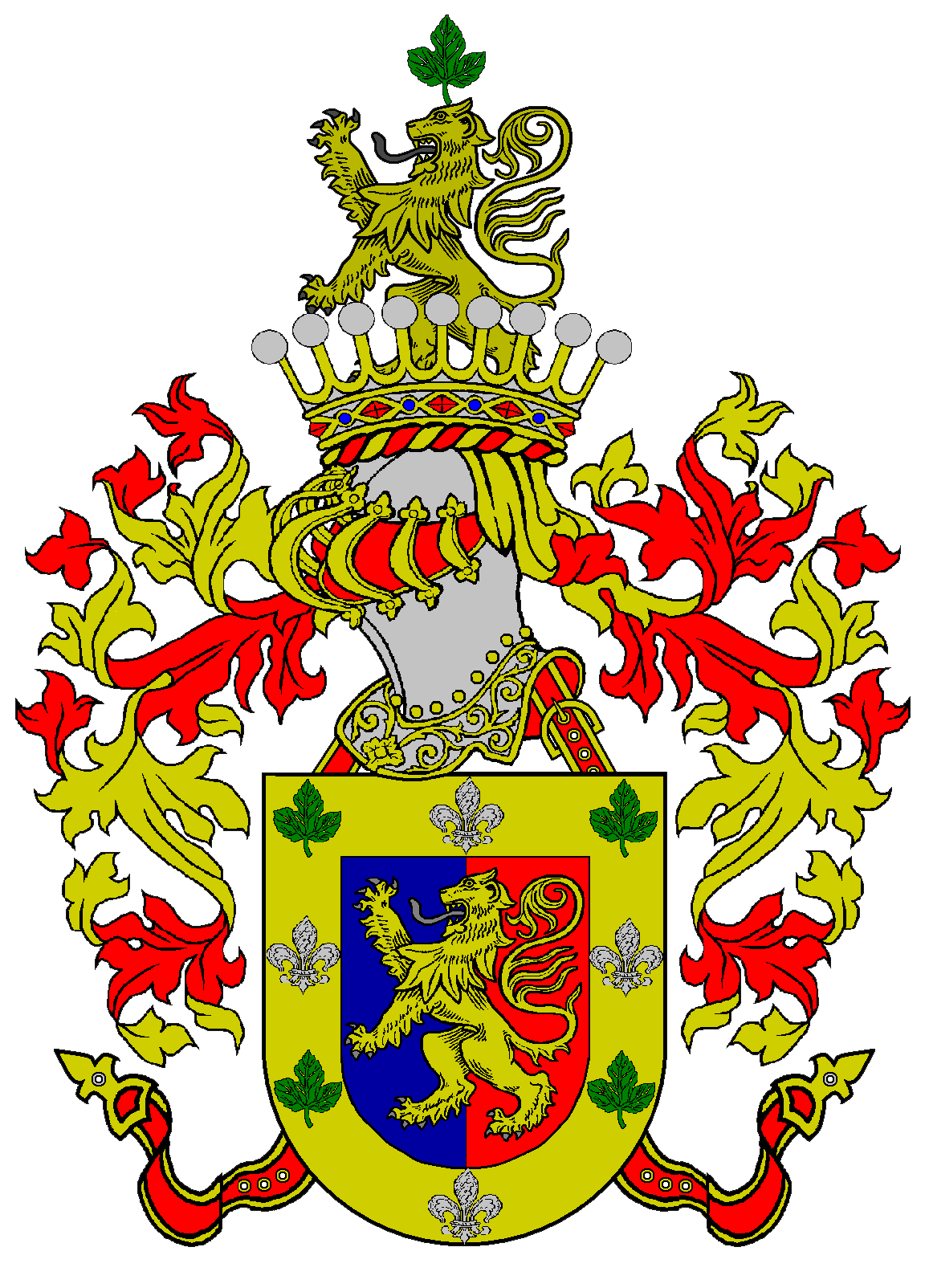
FilipeManuelNeto
9.0
**Fifty years after Watergate, what have we learned?**
The “Watergate Affair” was fifty years ago. For those who don't remember or weren't born, it all started with the invasion of the Democratic Party offices in the Watergate Building, in Washington D.C., by a group of men, caught while trying to install bugs and copy documents. The group's connection to the CIA became obvious and, as the inquiries progressed, the story became more bizarre: after all, everything had been done under orders coming from within the White House, from people very interested in manipulating the elections that year, in which Richard Nixon was going to run for his second term against the Democratic candidate, George McGovern.
The film tells us about this, but stops here, focusing on the contribution of journalists from The Washington Post, who investigated the matter and published relevant information. The film doesn't say what happened next, but as we know, Nixon was re-elected and quickly found himself under suspicion about his involvement in the Watergate break-in. Nixon refused to give explanations, hiding behind his office prerogatives, not even when it became known that there was a voice recording system in his office. With Congress demanding to hear these recordings under serious threats of impeachment, Nixon preferred to resign and, since then, “Watergate” has been an eternal synonym of political corruption at the highest level.
Directed by Alan Pakula and released in the years following the events, the film would have needed no further explanation. The names of those involved and the details of the story would be fresh in everyone's memory. However, more than fifty years later, who remembers the details? As the film does not give us explanations, only people who know the subject well or have read about it will watch the film without needing to go to the Internet every ten minutes. Even I, a historian, needed to refresh my memory. Aside from this problem, the film is good and is faithful to the events and what the two “Post” journalists did.
There is another problem with this film, although it is a minor problem: at this time, in the 70s, it seems that a politician was required to have bulletproof morality and a virtually untainted character. And now? We are in 2024 and democracy, instead of maturing, seems to have rotted to the point that American citizens allow a former president, who is in the grip of justice and apparently involved in a direct attack against Congress (which represents all the people) to presents himself again as a candidate without any problems, ready to be carried on shoulders to a cabinet he should never set foot in again. I am not North American, but as a European I refuse to consider such a matter a mere internal issue, taking into account the role that the USA wants to maintain on the international stage, in NATO or in the UN. Unfortunately, the degradation of democracy happens here too, and has been taken advantage of by Putin, President Xi and other enemies of the free world, a world of peace and freedom that our fathers worked hard to build together, and we are letting disappear.
Returning to the film... it's worth seeing the performance of Dustin Hoffman and Robert Redford in two roles that helped a lot in the evolution of their careers. They are some of the best actors of that period and did a colossal job in this film. The supporting cast is equally remarkable and deserves our full attention. I particularly liked the work of Martin Balsam, Jack Warden and Jason Robards, outstanding actors who transformed three roles without much relevance into good additions to the general plot. And although we only learned more details recently, Hal Holbrook was an excellent choice to bring to life the mysterious “Deep Throat”, one of the decisive sources for linking Watergate with the White House.
Technically, it is a discreet film that bets everything on the rigorous reconstruction of the settings, environments and events. There are some very good sound effects (the association of the sounds of typewriters with the sound of gunshots was intelligent and well done, for example) and the lighting effects were equally well-used. Note the dark and mysterious atmosphere of the encounters with “Deep Throat”, with the light almost reduced to what is essential. The film deservedly won four Oscars (Best Sound, Best Adapted Screenplay, Best Art Direction and Best Supporting Actor) and was one of the big contenders for Best Film.
Read More 